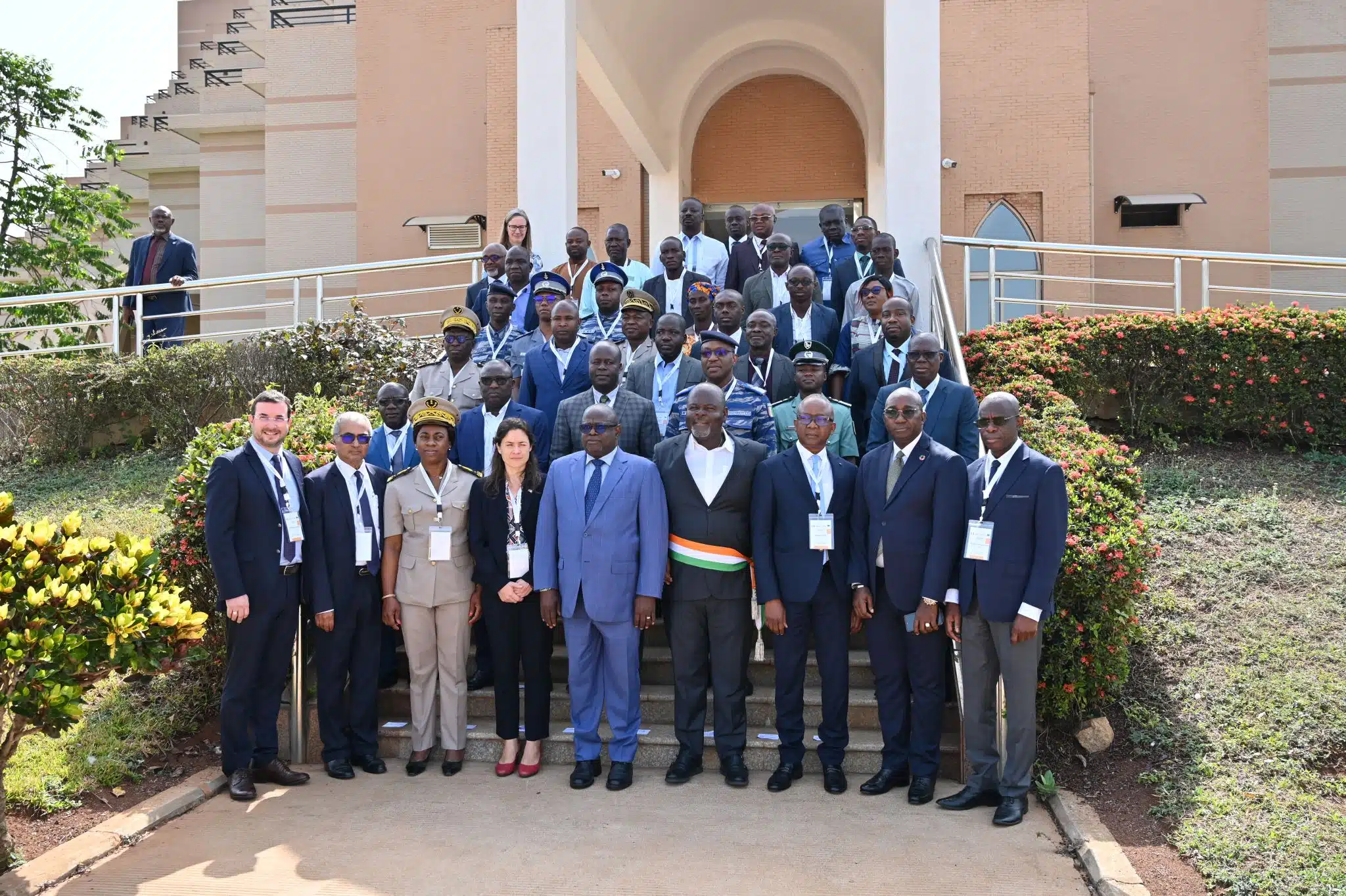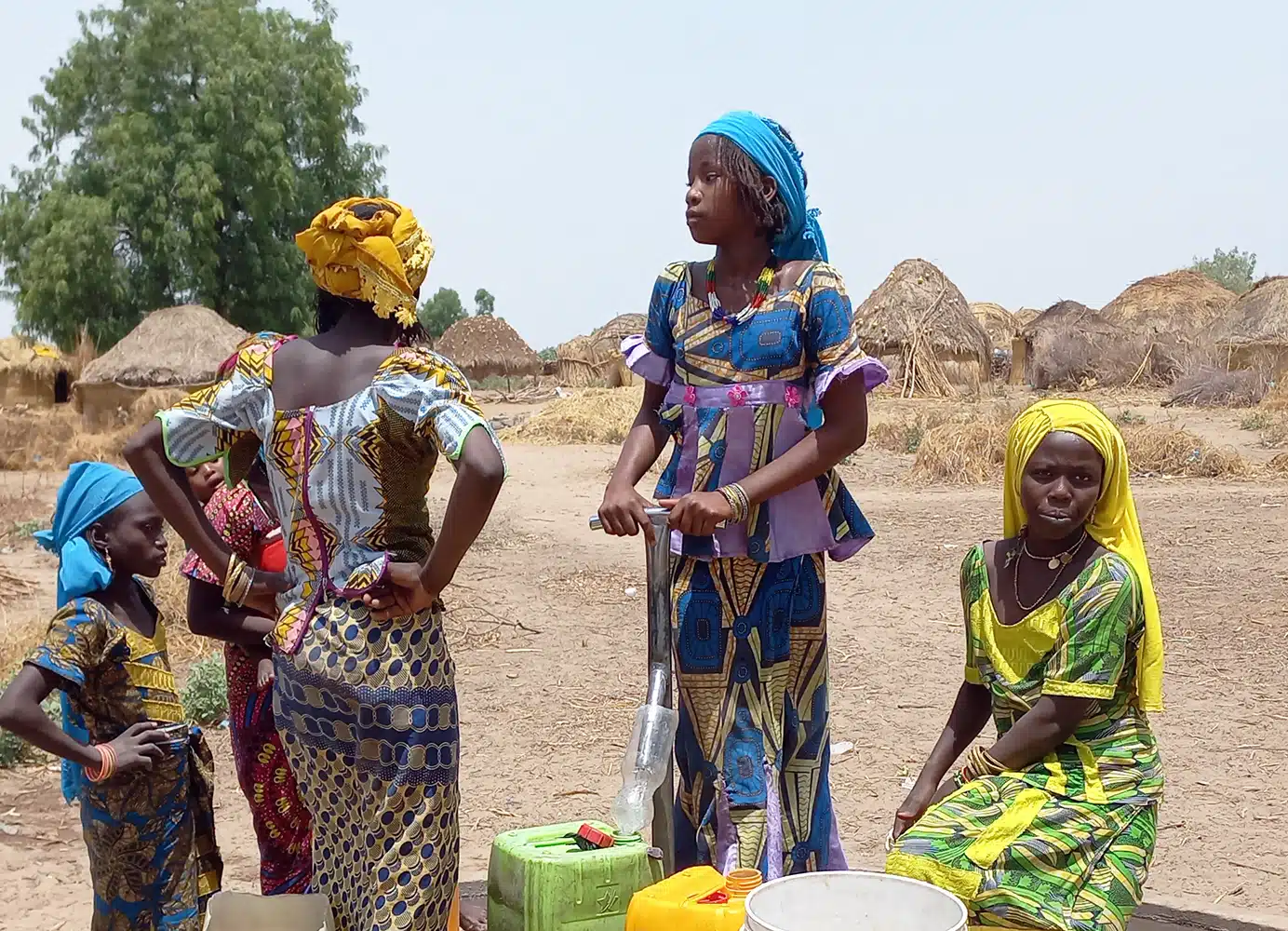Coginta in brief
a sociological, anthropological
and cultural approach
Coginta was born from the stated desire to adopt and promote a sociological, anthropological and cultural approach to justice and security governance in countries experiencing instability, fragility or emerging from crisis. Considering that justice and security constitute common goods, Coginta was inspired by social science methodologies and the principles of good governance to give voice to the most vulnerable populations – often in difficult contexts – so that they can express their views and expectations regarding justice and security. The first local security diagnostics, initiated in Geneva, have extended to many countries, increasingly embracing the concepts and techniques of security mapping.

AN INTERNATIONAL RECOGNITION
The pivotal year of 2011 was marked by the desire of the three founders – Dominique Wisler, Blaise Bonvin and Sébastien Gouraud – to officially register Coginta as a non-profit association. It was also the year of the launch of an ambitious multi-year program to manage the Security Fund financed by Swiss Cooperation in Bulgaria and Romania as part of support for the enlargement of the European Union. The Coginta team has gradually strengthened, engaging in projects supporting judicial and security reforms in all four corners of the world: in Afghanistan, East Timor, Democratic Republic of Congo, Guinea, Chad and Ecuador . These initiatives have almost all led to the forging of partnerships with local universities, thus stimulating a fruitful dialogue between academic experts, civil society organizations and judicial and security institutions.

Drawing on this experience and its status as a non-governmental organization, Coginta was quickly called upon to implement international cooperation projects financed by the European Union, the United Nations, the American Department of State and the Swiss Confederation. . In 2013, Coginta opened its first representation in Guinea, paving the way for a series of other national representations in sub-Saharan Africa. This territorial deployment reflected a constantly expanding portfolio of projects in a region where support must be carried out in degraded security contexts. This field presence constitutes the DNA of Coginta. This allows both to have a detailed knowledge of the contexts in which the organization operates and, above all, to promote and rely on local expertise.

A public utility mission
Coginta's growth has been accompanied by a significant expansion of its technical skills and its network of experts – more than 350 – in order to best respond to the growing demands in the field. Its scope of action now covers the areas of access to justice and the fight against impunity, the protection of populations and good governance of the security sector, the prevention of conflicts and the strengthening of social cohesion. In addition to efforts deployed upstream with national institutions on doctrines, management or controls, Coginta's action has gradually moved to the very local level, in critical locations or geographical areas, thus making it possible to provide concrete solutions to the expectations of the most vulnerable and directly threatened populations.
More recently, in June 2020, Coginta obtained recognition of its public utility character by the Swiss Confederation, a guarantee of rigorous and transparent management of the funds entrusted and of its contribution to the letter and spirit of international cooperation.
